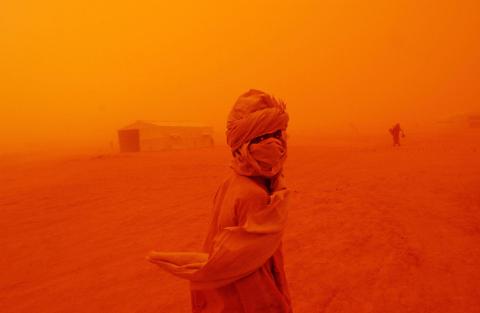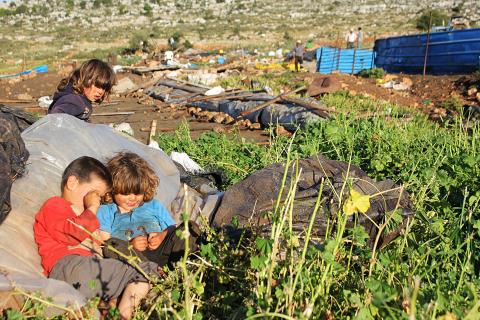Humanity & Inclusion

Member Updates
By country
Member Update
More Updates
Member Update
As violent bombings continue in Gaza, Humanity & Inclusion teams (working Gaza since 1996) are providing psychological support, identifying injured civilians in need of rehabilitation, and preparing virus prevention for displaced people. "People have been wounded," explains Laurent Palustran, Humanity & Inclusion Country Manager in Gaza. "These people have been operated on quickly, but there will be both short- and long-term consequences from their injuries, particularly for those who will be in situations of disability. Meanwhile, people come to seek shelter, but they don't have the materials to protect themselves against COVID-19. People don't wear masks and they are essentially on top of each other. There is a very high risk." On the night of May 17, bombings fell next to the Humanity & Inclusion offices and guesthouses. Staff was OK. More Information
Humanity & Inclusion's director of demining says it will take at least two generations to rebuild Syria. More Information
After 18 months of testing in the Chadian desert, Humanity & Inclusion has introduced several innovations that are revolutionizing humanitarian demining. H.I. is the first demining agency in the world to be able to locate the exact position of mines buried in a real minefield using drones equipped with infrared cameras. Hundreds of mines laid decades ago, buried under the sand and invisible to the naked eye, have been found thanks to this innovative technique. This project won the European Union Horizon Prize 2020 on September 24. The prize comes with a 1 million euro reward, which the organization will use to establish an innovation fund. More Information
Humanity & Inclusion’s 100-person team in Lebanon continues to support people with injuries and mental trauma following the Beirut explosions. The local team is available for interviews and can explain the kinds of injuries—some of which still lack full diagnoses—they’ve encountered, including lacerations from shards of glass, causing tendon and nerve injuries, paralysis, and muscle weakness, and complex fractures or amputations. The psychosocial support team can discuss the mental trauma they’re working to ease. Cases range from people terrified to leave their homes, to families distraught at having to send their children to live with relatives, as they can no longer afford to maintain a large household, to depression as livelihood prospects dry up. More Information
As violent bombings continue in Gaza, Humanity & Inclusion teams (working Gaza since 1996) are providing psychological support, identifying injured civilians in need of rehabilitation, and preparing virus prevention for displaced people. "People have been wounded," explains Laurent Palustran, Humanity & Inclusion Country Manager in Gaza. "These people have been operated on quickly, but there will be both short- and long-term consequences from their injuries, particularly for those who will be in situations of disability. Meanwhile, people come to seek shelter, but they don't have the materials to protect themselves against COVID-19. People don't wear masks and they are essentially on top of each other. There is a very high risk." On the night of May 17, bombings fell next to the Humanity & Inclusion offices and guesthouses. Staff was OK. More Information
